Gstar has launched its first n-type solar module and its new production base in the Philippines.
The module features n-type 183.75 mm cells in a 72-cell bifacial dual-glass format. The Singapore-based PV manufacturer said in a statement that by narrowing cell spacing and maximising the active area, the module achieves a peak output of 595W and conversion efficiency of 23.03%.
The module, designed for commercial and industrial applications and large-scale solar power stations, is equipped with laser non-destructive scribing, SMBB technology and high-density encapsulation. The company said the module also offers high bifaciality, improved low-light performance and lower temperature coefficients.
Gstar noted that the launch of the module also marks the official operation of its factory in the Philippines, located west of Manila in Subic Bay.
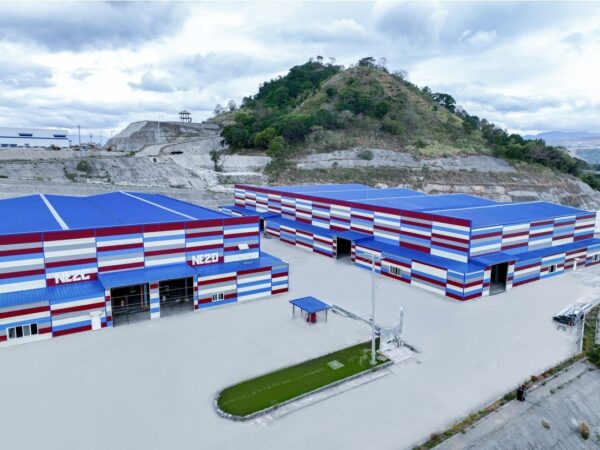
The company has finished the base construction of the facility, which currently boasts a manufacturing capacity of 1 GW for solar modules and 1.5 GW for solar cells.
Mass production of the new module is due to begin on May 18. A second construction phase of the manufacturing base is scheduled, which will take its solar module nameplate capacity to 2 GW.
Gstar’s other production facilities include a 3 GW silicon wafer factory in Indonesia. The site received monocrystalline growth furnaces in April.
The company signed a memorandum of understanding for a 2 GW solar module manufacturing project in the United Arab Emirates in August 2024.
This content is protected by copyright and may not be reused. If you want to cooperate with us and would like to reuse some of our content, please contact: editors@pv-magazine.com.
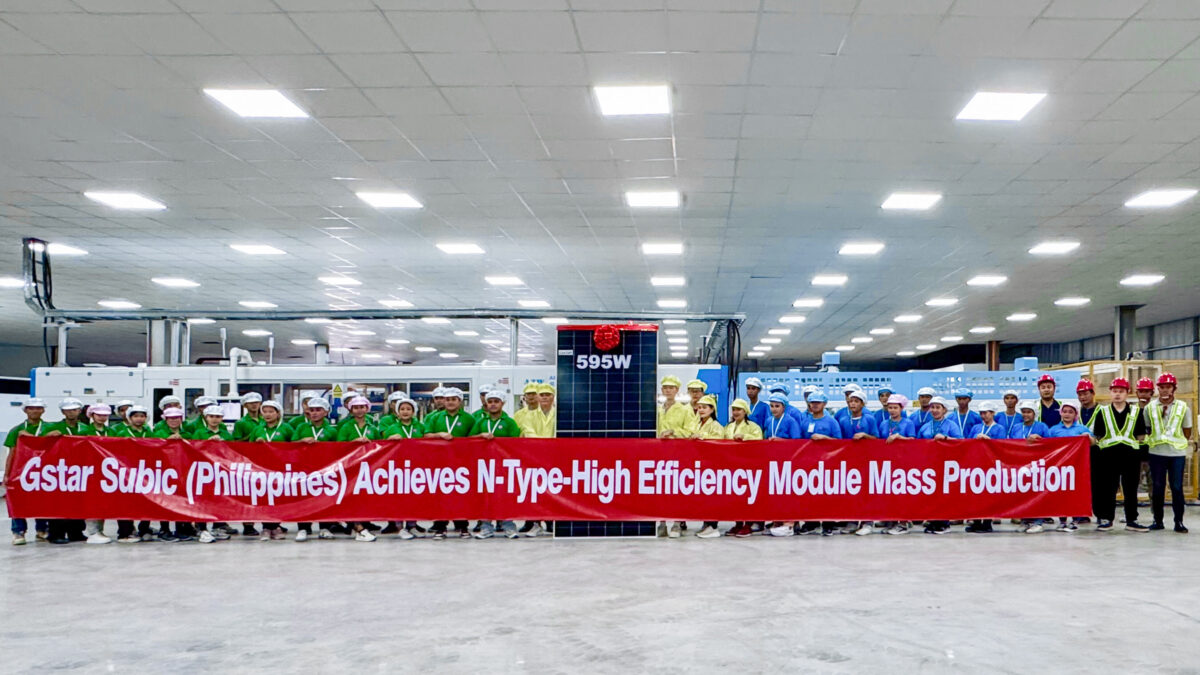
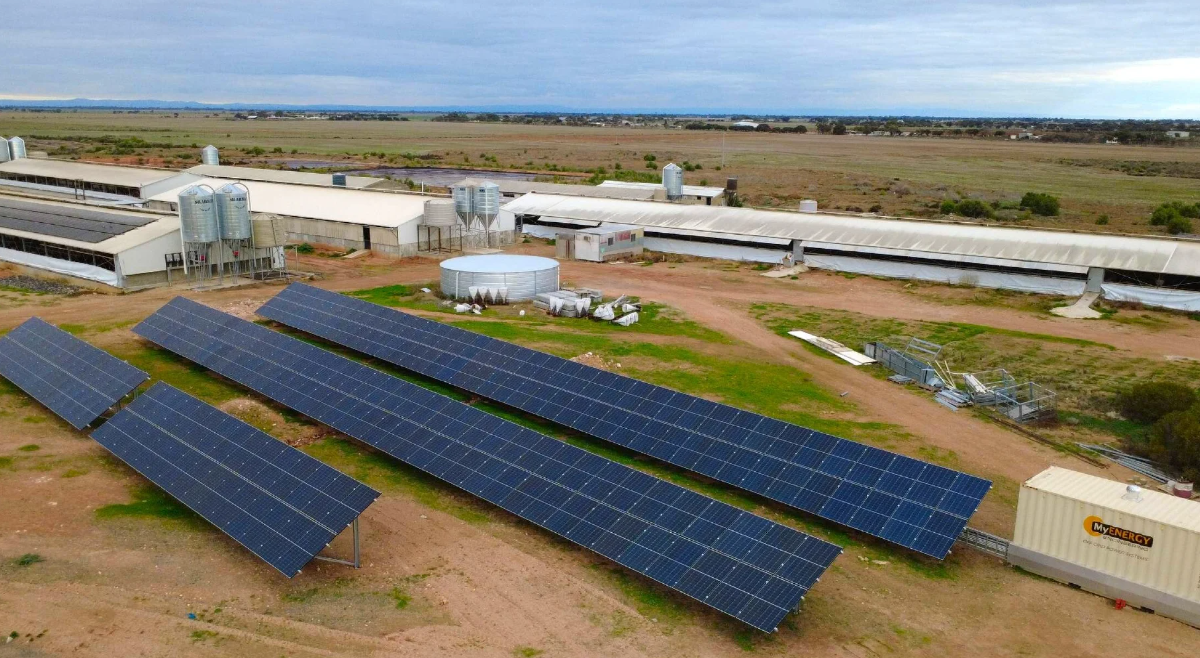

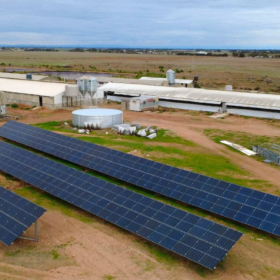
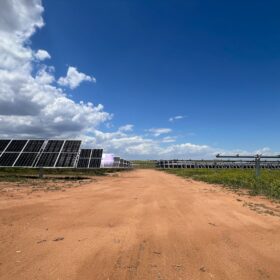
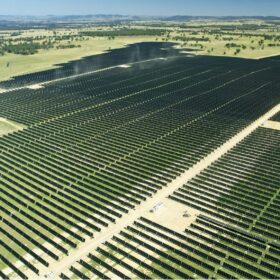
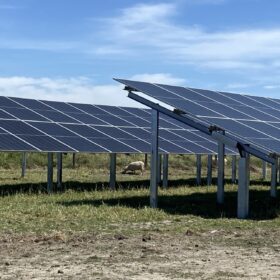
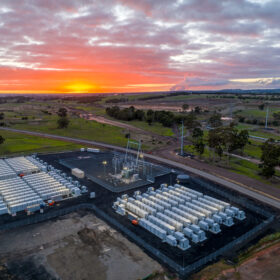
By submitting this form you agree to pv magazine using your data for the purposes of publishing your comment.
Your personal data will only be disclosed or otherwise transmitted to third parties for the purposes of spam filtering or if this is necessary for technical maintenance of the website. Any other transfer to third parties will not take place unless this is justified on the basis of applicable data protection regulations or if pv magazine is legally obliged to do so.
You may revoke this consent at any time with effect for the future, in which case your personal data will be deleted immediately. Otherwise, your data will be deleted if pv magazine has processed your request or the purpose of data storage is fulfilled.
Further information on data privacy can be found in our Data Protection Policy.